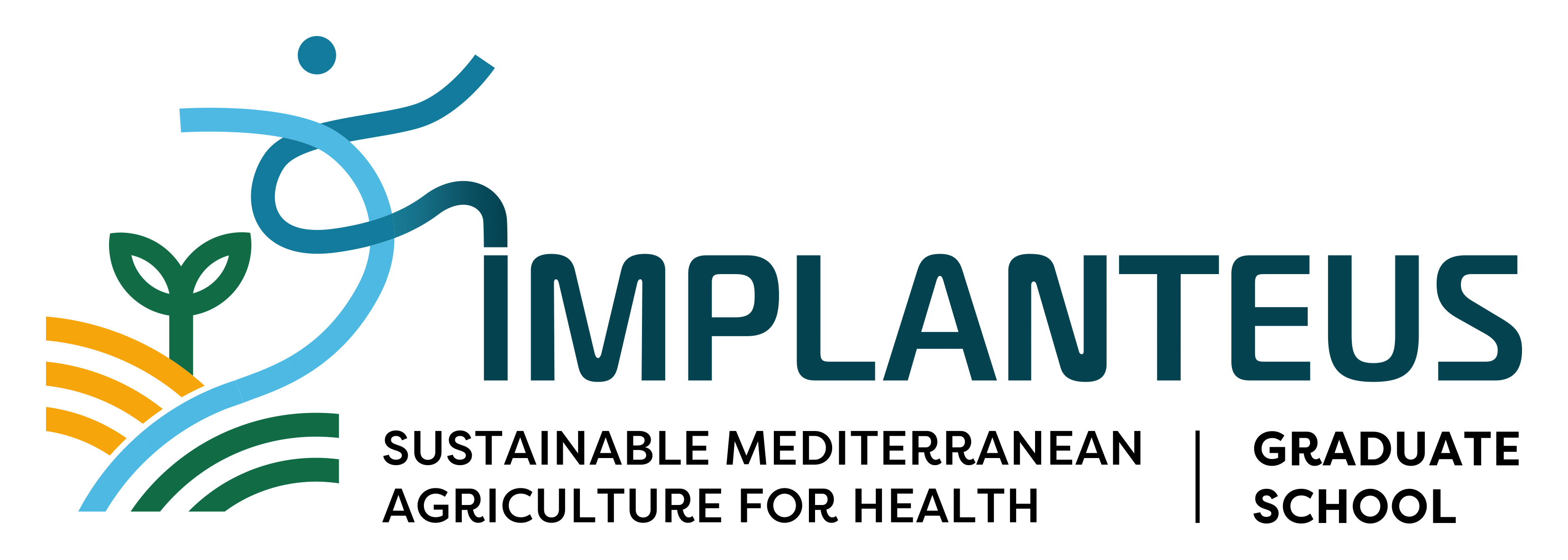The Implanteus graduate school of Avignon University proposes for its third year a cycle of scientific conferences, combining face-to-face and distance lectures.
The second conference will take place:
Tuesday December 13 at 2:30 pm (en ligne, heure de Paris)
“Biological control of insect pests in Brazil: Lessons learned from the sugarcane production system and future prospects”
Prof. Odaïr Fernandes (UNESP Brésil)
Do not forget to indicate last name, first name and laboratory under your photo on the online platform.
Summary
Sugarcane is one of the most important crops in Brazil whose main products are sugar for the food industry and ethanol for the biofueled (flex) cars. More recently, electricity has been also produced in many sugar mills using sugarcane debris. Brazil has currently ca. 9 million ha of sugarcane, most of which are concentrated in the South-Eastern region. The sugarcane borer, Diatraea saccharalis (Lepidoptera: Crambidae), is a key pest of sugarcane and its control is based on the release of a larval parasitoid, Cotesia flavipes (Hymenoptera: Braconidae) introduced in 1970’s. Since then, this strategy has been a success and became a reference of a biological control program for large-area crop. In the 1990’s, news technologies were developed in sugarcane to stop the use of burning to facilitate hand-cut harvesting. These new technologies were very important to mitigate pollution, restore soil fertility, increase biodiversity, and open opportunities of jobs of local workers (despite the reduction of labor during harvesting). On the other hand, the elimination of fire led to secondary pest outbreaks such as the spittlebug, Mahanarva spp. (Hemiptera: Cercopidae) and the sugarcane weevil, Sphenophorus levis (Coleoptera: Curculionidae). As the industry had already a tradition of using biological control to control the sugarcane borer, ecological-sound strategies were searched rapidly. Even though soil dwelling insects still impose great challenges, interesting results were already obtained. The history of this development, the current status of biological control in this industry and elsewhere and future challenges of pest control in tropical agriculture will be discussed during the seminar.
Odaïr Fernandes
BS in Agronomy (1983) at São Paulo State University, Unesp, Brazil, and PhD in Entomology (1995) at the University of Nebraska – Lincoln, UNL, NE, USA. I am currently a full professor at São State University, Brazil, where I work since 1986. My appointments involve teaching both undergraduate- and graduate-level classes, advising students, research, and outreach programs. My main interest is Applied Ecology of Insects towards Integrated Pest Management including insect-plant interactions, biological control, insect movement, and modeling. I am currently serving as the director of a recently launched Engineering Research Center on Plant Protection (Sugarcane) – CEPENFITO, granted by Unesp, FAPESP (São Paulo Research Grant Agency), and São Martinho Inc (industry sector). A selective list of publications can be accessed at https://orcid.org/0000-0003-3489-4754


